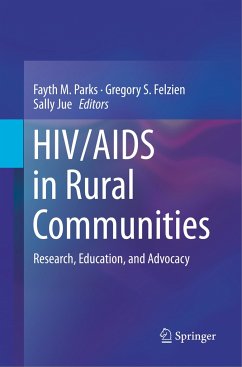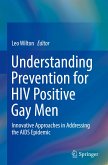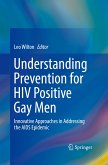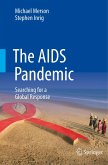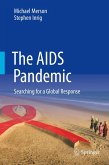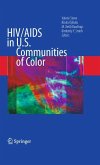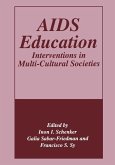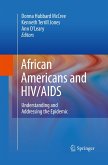This wide-ranging volume reviews the experience and treatment of HIV/AIDS in rural America at the clinical, care system, community, and individual levels. Rural HIV-related phenomena are explored within healthcare contexts (physician shortages, treatment disparities) and the social environment (stigma, the opioid epidemic), and contrasted with urban frames of reference. Contributors present latest findings on HIV medications, best practices, and innovative opportunities for improving care and care settings, plus invaluable first-person perspective on the intersectionality of patient subpopulations. These chapters offer both seasoned and training practitioners a thorough grounding in the unique challenges of providing appropriate and effective services in the region.
Featured topics include:
Case study: Georgia's rural vs. non-rural populations HIV medications: how they work and why they fail
Pediatric/adolescent HIV: legaland ethical issues
Our experience: HIV-positive African-American women in the Deep South
Learning to age successfully with HIV
Bringing important detail to an often-marginalized population, HIV/AIDS in Rural Communities will interest and inspire healthcare practitioners including physicians, nurse practitioners, physician assistants, pharmacists, case managers, psychologists, social workers, counselors, and family therapists, as well as educators, students, persons living with HIV, advocates, community leaders, and policymakers.
Featured topics include:
Case study: Georgia's rural vs. non-rural populations HIV medications: how they work and why they fail
Pediatric/adolescent HIV: legaland ethical issues
Our experience: HIV-positive African-American women in the Deep South
Learning to age successfully with HIV
Bringing important detail to an often-marginalized population, HIV/AIDS in Rural Communities will interest and inspire healthcare practitioners including physicians, nurse practitioners, physician assistants, pharmacists, case managers, psychologists, social workers, counselors, and family therapists, as well as educators, students, persons living with HIV, advocates, community leaders, and policymakers.

